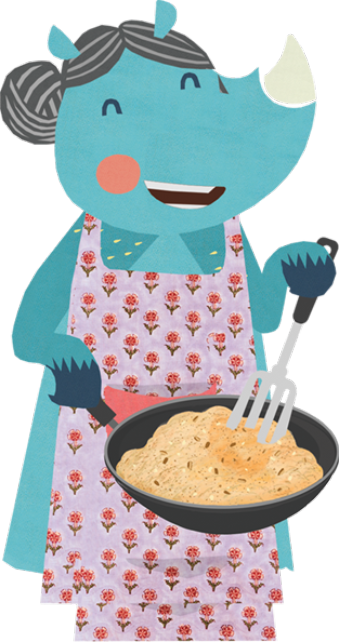Did you know that during infancy and childhood, your baby's calcium requirements are at their highest? It's important to provide adequate amounts of calcium at an early age to prevent risks like osteoporosis later in life.
As we grow older, we may notice that more women have calcium deficiencies in their adulthood. This could be because they didn't get enough calcium when they were young girls. Also, girls/women have higher requirements for calcium compared to men. Bones develop early in life, so if a child has a calcium deficiency, they have a higher chance of developing osteoporosis as they get older.
The good news is that you don't need to give your baby calcium supplements. Babies can get all the calcium they need from foods. So, make sure to include plenty of calcium-rich foods in your baby's diet, like dairy products, fortified cereals, and leafy green vegetables.
Why Do Babies Need Calcium?
Factors Important for Calcium Absorption
When it comes to your little baby’s body absorbing calcium, some factors can inhibit (restrict) or help proper absorption:
Vitamin D: Your baby needs vitamin D to absorb calcium properly. Make sure they're getting enough sunlight or talk to your pediatrician about vitamin D drops.
Fiber: Too much fiber can interfere with calcium absorption, so it's important to balance your baby's fiber intake with enough calcium-rich foods.

Phytates: Phytate is a substance found in plant foods like whole grains, nuts, and legumes, which can restrict calcium absorption. Soaking, sprouting, or fermenting these foods can help reduce phytate content and increase calcium availability.

Tannins: Tannins are chemical compounds found in plants, which restricts absorption of calcium. Tea contains tannins so avoid giving tea in any form to babies, especially as chapati or bread pieces dipped in tea.
Top Food Sources of Calcium for Your Baby
Both breast milk and/or formula milk provide all the calcium your baby needs for the first year!
Baby-friendly, calcium-rich foods (that are also rich in protein) include:
1. Cheddar cheese

2. Ricotta cheese

3. Paneer(Cottage cheese)

4. Mozzarella cheese

5. Curd or dahi made from whole milk
Foods that have a higher calcium absorbability include:

It’s best to avoid uncooked or raw greens for your baby, as they contain certain substances that don’t allow for proper calcium absorption.
|
DID YOU KNOW: Although cow’s milk products like full-fat yogurt, curd, cheese, and custard can be given to babies, cow’s milk should not be given as a main beverage before they’re 1 year old. |




















